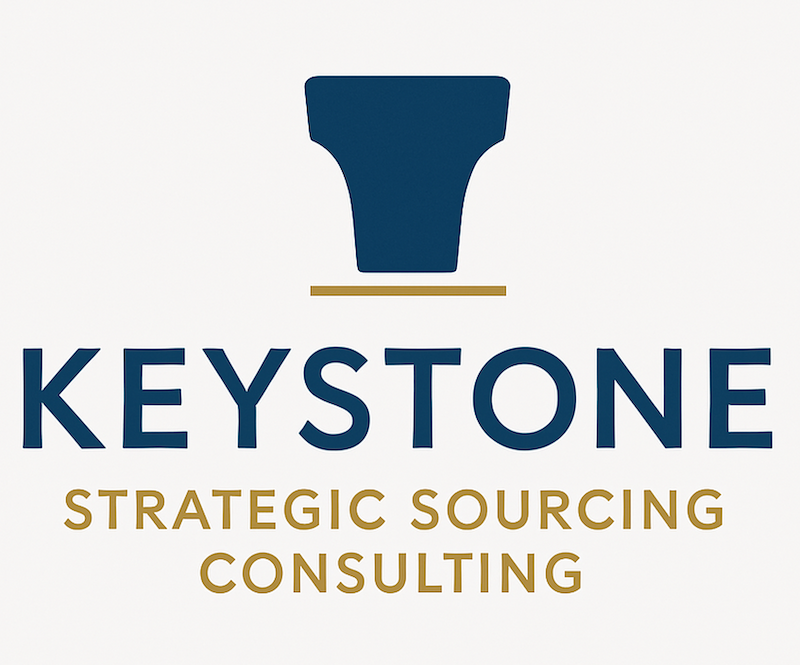Business Process Outsourcing (BPO)
BPO Overview
Business Process Outsourcing (BPO) involves contracting specific business operations or tasks to external service providers. This strategy allows companies to focus on their core activities while delegating non-essential functions, potentially leading to cost savings and enhanced efficiency.
The impact of Robotic Process Automation (RPA), Artificial Intelligence (AI), and Machine Learning (ML) on BPO has been significant. It is continually reshaping service delivery, business models, and client expectations.
BPO Types
BPO services are typically categorized into two main types:
Back-Office BPO: These are internal business functions such as accounting, human resources, and payroll.
Front-Office BPO: These involve customer-facing services like customer support, sales, and marketing.
Companies opt for BPO to leverage specialized expertise, improve service quality, and achieve greater operational flexibility. For instance, outsourcing customer service to a dedicated call center can enhance customer satisfaction while allowing the company to concentrate on product development.
BPO Benefits
- Cost Reduction: Outsourcing non-core functions allows businesses to convert fixed costs into variable costs, leading to substantial savings.
- Access to Specialized Expertise: BPO providers bring specialized skills and knowledge, enabling companies to leverage advanced technologies and best practices without the need for extensive in-house training.
- Scalability and Flexibility: BPO services allow businesses to quickly adjust operations in response to market demands, facilitating rapid scaling and adaptation without the constraints of in-house management.
- Enhanced Focus on Core Competencies: By outsourcing routine tasks, companies can concentrate on their primary business functions, fostering innovation and strategic growth.
- Improved Service Quality and Efficiency: Specialized BPO providers often deliver higher quality services efficiently, adhering to stringent service level agreements to meet or exceed expectations.
- Access to Advanced Technology: BPO providers invest in state-of-the-art technologies, granting businesses access to cutting-edge tools that might be otherwise inaccessible, thereby enhancing operational capabilities.
- Risk Mitigation: Partnering with experienced BPO providers helps in distributing risks associated with specific business functions, ensuring better risk management and compliance with industry regulations.
- Enhanced Customer Satisfaction: Outsourcing customer service functions can lead to improved response times, 24/7 support, and multilingual assistance, significantly boosting customer satisfaction and loyalty.
- Operational Agility: BPO enables businesses to respond swiftly to market changes and customer demands, enhancing overall agility and competitiveness in a dynamic business environment.
- Environmental Sustainability: By reducing the need for physical infrastructure and optimizing resource utilization, BPO contributes to a greener and more sustainable business model.
BPOI - Future Trends
The BPO industry is undergoing a transformative shift driven by emerging technologies such as Robotic Process Automation (RPA), Artificial Intelligence (AI), and Machine Learning (ML). These innovations are redefining traditional outsourcing models, increasing efficiency, reducing costs, and elevating the strategic value of BPO providers.
From Labor Arbitrage to Automation Arbitrage Historically, BPOs delivered value through labour cost savings by relocating processes to lower-cost regions. Today, automation technologies are replacing many of these roles, especially for repetitive and rule-based tasks. This shift marks a move from labour arbitrage to automation arbitrage, reducing dependence on human capital while improving operational performance.
Enhanced Process Efficiency and Accuracy RPA enables the automation of structured, high-volume tasks such as data entry and invoice processing, while AI and ML handle unstructured data and make predictive decisions. These technologies enhance process speed, accuracy, and scalability, providing 24/7 operational capability and reducing the incidence of human error.
Evolution of Service Offerings BPOs are transitioning from providing transactional services to delivering cognitive and value-added services. AI and ML empower providers to offer intelligent document processing, customer sentiment analysis, and predictive analytics. This transition supports clients' broader digital transformation objectives and positions BPOs as strategic partners.
Workforce Transformation The automation of routine tasks is reducing demand for low-skilled roles while increasing the need for digitally skilled talent. BPOs must invest in upskilling and reskilling initiatives to cultivate a workforce capable of managing automation tools, interpreting data outputs, and training AI models.
Changing Client Expectations Clients are no longer satisfied with cost savings alone. They expect BPOs to deliver tech-enabled solutions, continuous improvement, and strategic insight. Providers must demonstrate alignment with client digital transformation goals and offer measurable business outcomes.
Evolving Cost Structures and Pricing Models While automation implementation can be capital-intensive, it offers significant long-term savings. Consequently, traditional full-time equivalent (FTE)-based pricing models are being replaced by outcome-based and value-driven pricing structures.
Compliance and Risk Considerations With the adoption of AI and automation comes increased scrutiny around data security, algorithmic bias, and regulatory compliance. BPOs must implement robust governance, ethical AI frameworks, and ensure adherence to global data protection regulations such as GDPR and POPIA.
Geographic Neutrality and Operational Flexibility Automation diminishes the need for physical proximity and large operational centers, allowing BPOs to serve global clients from a diverse range of locations. This flexibility supports business continuity and scalability.

Share This Page